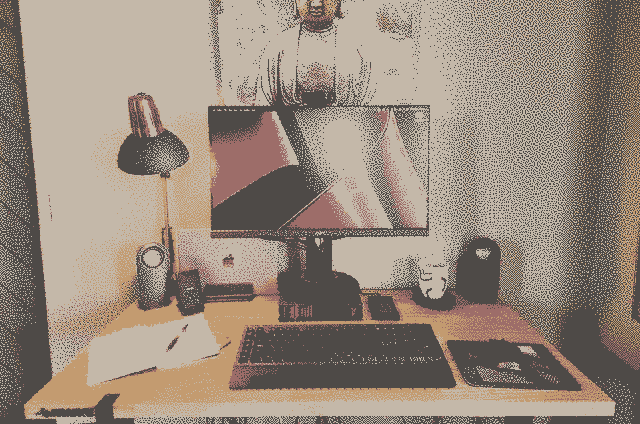
I've always struggled with work-life balance.
It's a habit borne out of loving the coding and problem solving part of my earlier, non-managerial jobs, but also—if I'm being perfectly honest—stems from some deep-seated anxieties associated with failure.
Like many software developers, I was a pretty smart kid. I was enrolled in honors programs and STEM extracurriculars (although we didn't call it STEM back them), and even spent my Junior and Senior years of high school taking classes at the local community college for dual credit.
But like other smart kids, I internalized being "smart" as my identity, and anything that contradicted that identity—such as not understanding something right away or \*gasp\* human error—became a source of severe anxiety resulting in one of two responses: checking out and self-flagellation.
Adulting Sucks
I wasn't a good student because I learned to work hard, I was a good student because I was terrified of that feeling of failure... you know, that unavoidable one that comes from being exposed to something for the first time.
In other words, I wasn't a particularly good student.
Adult life isn't graded, though. Nobody's handing out A's to tell you how smart you are; by inserting myself into a career path that excited me, I effectively just suppressed that anxiety rather than learning how to deal with it.
Turns out, as careers progress, so too does responsibility, and when you mark yourself as someone who "gets shit done," those same anxieties resurface except instead of grades it's promotions, raises, and attaboys that become the mark of self-worth.
As you can imagine, this can create an extremely unhealthy relationship with work, one where you can obsess over the simplest mistakes—don't even get me started on the big ones—and the cycle of anxiety, depression, and burnout starts all over again.
Not awesome.
Finding Balance
I don't think I actually noticed how out of balance my relationship with work was until I had kids. Then, the smallest things like doctors appointments, daycare pickups, and school drop-offs all introduced an inexplicable feeling of fear in my gut; like I was doing something "bad."
Feeling guilty for taking care of your family is a shitty way to live.
It's been this not-so-subtle signal that has had me setting clearer boundaries between my work life and my life life. I have:
- A workbench in my office separate from my personal desk that is reserved only for work.
- A separate work phone that my work apps go on.
- It's an old phone, and I've added it to my shared data plan, so it costs me nothing.
- A work laptop that no personal work gets done on.
- The laptop is owned and provided by the company. BYOD is convenient, but fraught with problems.
- A work bag, with doubles of everything I might need.
- At the end of the day, the laptop and phone both go in the bag (out of sight and mostly out of mind).
I can't say that this setup has been perfect, though. It has helped, but it isn't a cure-all. That requires more introspection on my part.
Works in Progress
I still struggle with anxiety around unknowns, uncontrollables, and failures—my "no gray days" policy is helping, but I'm pretty sure time and effort is going to be the big differentiator. Unexpected meetings with my boss trigger my fight-of-flight response, and the lack of actual tactical control a manager has is still something I'm learning how to handle in a healthy way (when you take responsibility for your teams' failures, yet pass all successes through to them, it can be pretty demoralizing, but that's the job of a good leader).
I'd like to think I'm getting better everyday, but some days (like today, incidentally) are a lot harder than others.
--
If you like this post or one of my projects, you can buy me a coffee, or send me a note. I'd love to hear from you!
--
This is post 009 of #100DaysToOffload